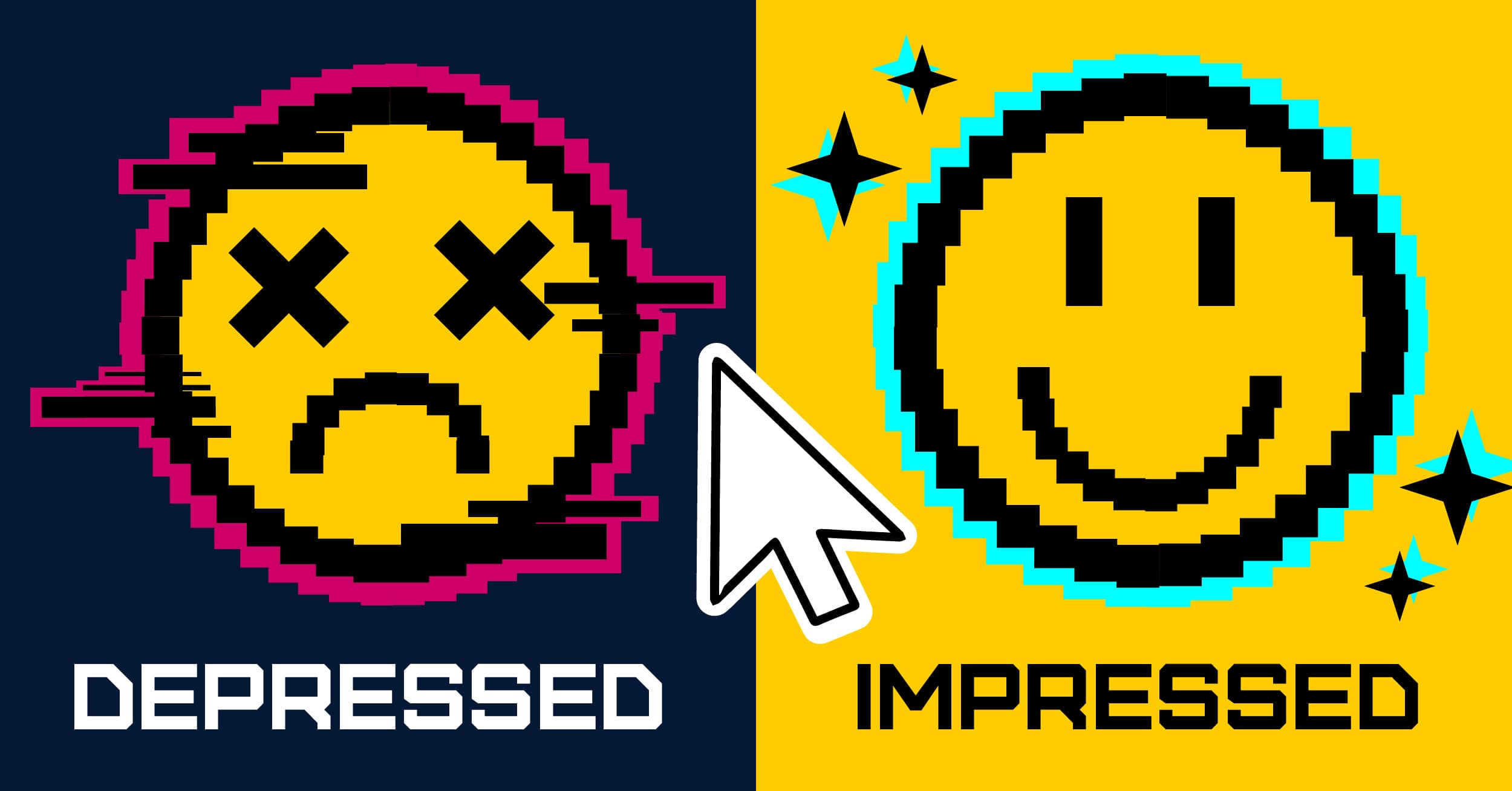"Artificial Intelligence (AI) has rapidly become one of the most discussed and influential technological advancements in recent history, reshaping industries from academia to human resources," so I am told by ChatGPT. Whether true or not, one thing is for certain, you can radically enhance your personal productivity by mastering AI tools.
I could understand some skepticism. While I am enthusiastic, I understand widespread fatigue stemming from relentless hype and uncertainty. In academia, there is concern about how access to AI limits the utility of many of our assignments. We ask how students will develop cognitive skills when machines can do much of the writing. Others have pointed to the lack of reliability of such systems and there is propensity to hallucinate. Others have simply dismissed chatbots as plagiarism machines.
Elsewhere I will discuss, and some cases, challenge these concerns. Indeed, if you are not a heavy user of AI tools, I’ll encourage you to take a personal deep dive to learn the technology and then begin to grapple with the implication and potential of new technology that is rapidly improving. To make my point, I will draw from four truisms.
1. "The future is already here — it’s just not evenly distributed."
While headlines frequently tout futuristic AI breakthroughs, the reality is more nuanced. Outside of information technology, there is a relatively small group of people who have heavily integrated AI into their daily workflow. Pew Research Center reported that approximately only one of six workers perform some of their work using AI. Similarly, McKinsey & Company found about 13% rely heavily on generative AI for more than 30% of their daily tasks. Among the small group of people who heavily use AI, we can only rely on anecdotal reports, but they are stunning with people reporting multifold productivity increases. These people are amongst us.
2. AI won't take your job — someone who masters AI will.
One of the most pervasive fears surrounding AI is its potential to replace human workers. This fear overlooks a crucial point: technology itself doesn't replace jobs; rather, it reshapes them. Professionals who master AI are rapidly emerging as invaluable assets within their organizations. The future workplace will favor individuals who understand how to integrate AI tools into their skill sets, enhancing their productivity and creative capabilities.
A compelling example of this dynamic is found in a study conducted by Aidan Toner-Rodgers at MIT. His research involved the randomized introduction of an AI tool for materials discovery to 1,018 scientists in the R&D lab of a large U.S. firm. The findings were striking: AI-assisted researchers discovered 44% more materials, resulting in a 39% increase in patent filings and a 17% rise in downstream product innovation. However, these benefits were not uniformly distributed. The top third of scientists experienced nearly double their output, while the bottom third saw little to no benefit. This disparity underscores the importance of effectively leveraging AI tools; those who can adeptly integrate AI into their workflows stand to gain significantly, while others risk being left behind.
In short, job security in an AI-driven world will increasingly depend on one's ability to adapt, learn, and incorporate AI into daily work.
3. AI will never be worse than it is today. It will only improve, and rapidly.
Today's AI models, despite their impressive capabilities, represent the technology in its infancy. Limitations such as inaccuracies, biases, and unpredictable outputs still exist. However, AI advancements are happening at an accelerated pace. With each iteration, AI becomes more sophisticated, accurate and reliable.
A notable example is OpenAI's release of GPT-4.5, which demonstrated a significant reduction in hallucination rates—instances where AI generates false or misleading information. GPT-4.5 achieved a hallucination rate of 37.1%, down from 61.8% in its predecessor. This improvement enhances the reliability of AI-generated content, making it more trustworthy for professional applications. In my recent work with the o3 model in the Deep Research mode, I have found more dramatic drops in hallucinations.
Professionals who embrace AI tools now have the advantage of growing their skills alongside the technology itself. Early adoption provides an opportunity to influence development directions, set ethical standards, and optimize usage strategies within their fields. Those waiting for perfect AI solutions risk losing significant opportunities to early adopters who seize the moment and grow with the technology.
4. It's easy to overstate AI's short-term impact and underestimate its long-term consequences.
This truism highlights the paradoxical nature of AI as a general-purpose technology, characterized by exaggerated short-term expectations and significant underestimation of its long-term impacts. Initially, the excitement surrounding AI can inflate expectations, leading to disappointment and fatigue when immediate results do not align with the hype. However, precisely because AI is a general-purpose technology — similar to electricity or the internet — it possesses broad applicability across numerous domains, causing its profound effects to unfold gradually and comprehensively. History illustrates this pattern clearly: early skepticism and modest expectations surrounding innovations like the internet or smartphones eventually gave way to transformative societal shifts. Today, even as some perceive AI advancements to have plateaued, the reality is that AI's improvement is accelerating beneath the surface, poised to reshape entire industries profoundly. Those who recognize and act strategically on AI’s long-term trajectory will not merely adapt but thrive in the future.
Skepticism and hype around AI can lead to fatigue and uncertainty. However, the foundational truths about AI remain compelling. Its uneven distribution emphasizes the urgency of embracing AI proactively. Mastery of AI tools offers job security and professional advancement in rapidly evolving workplaces. Continuous improvement in AI models assures future reliability and broader applicability. Most importantly, understanding AI as a general-purpose technology helps clarify the dynamics of its short-term and long-term impacts. Now is the time to actively engage, master AI tools and confidently navigate the transformative future ahead.


